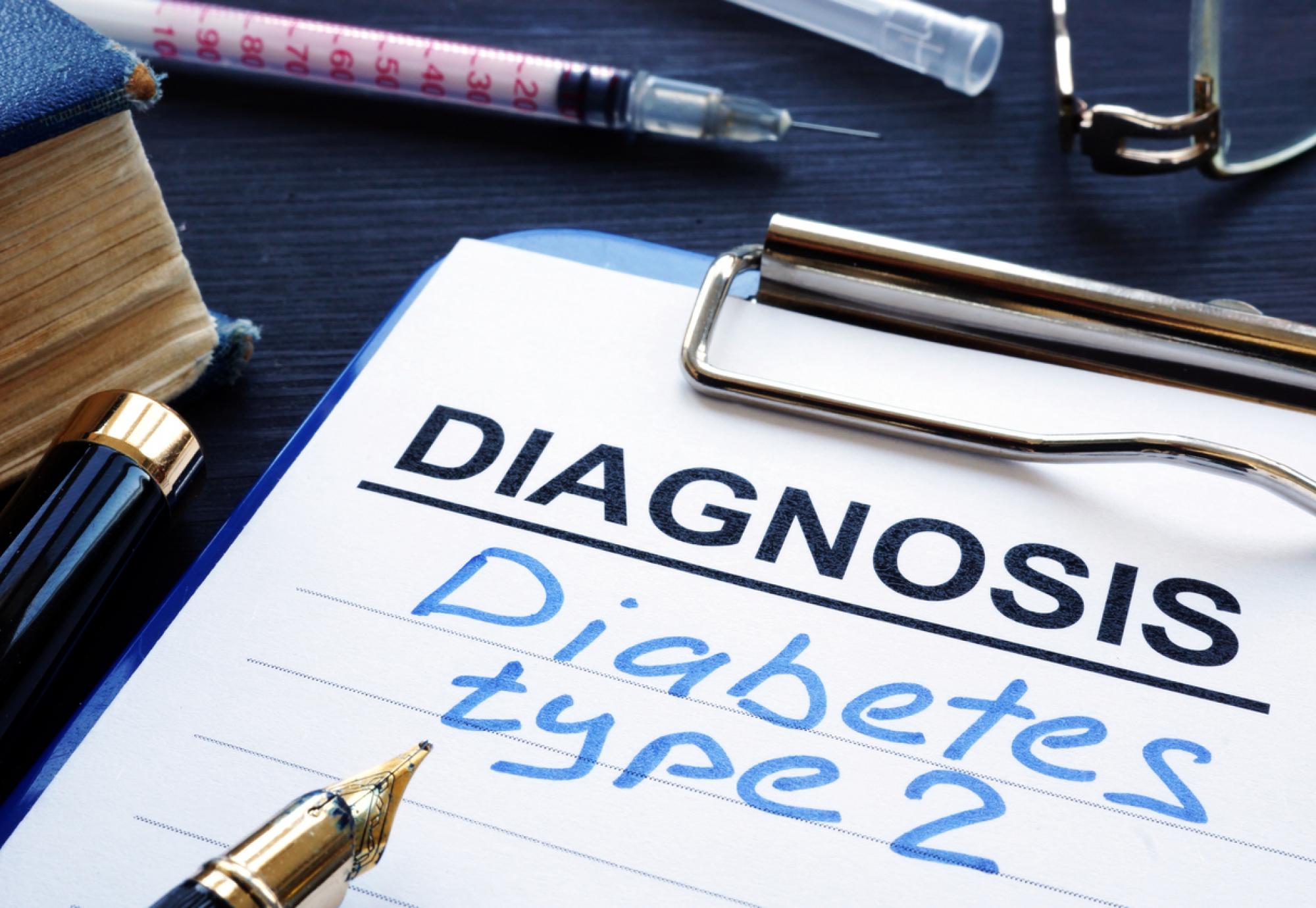Inconsistent clinical trial data means more evidence is needed to recommend tirzepatide for NHS use, the National Institute for Health and Care Excellence (NICE) has announced.
Positioned by the manufacturer as an alternative to treatments like dulaglutide, liraglutide and semaglutide, tirzepatide is taken as a weekly injection to combat type 2 diabetes.
NICE’s independent committee saw that tirzepatide resulted in lower weight and better glucose control at any dose compared to semaglutide or insulin therapy.
The level of weight reduction scaled with the level of dose, however the effect on glucose control was not as consistent.
Despite the committee recognising the importance of new options given the difficulties with glucose control in the current crop of treatments, NICE has therefore asked the manufacturer to provide more data to address the uncertainties, as well as further analyses and clarifications on the submitted economic model.
“Type 2 diabetes is becoming more prevalent in society, so new treatment options are needed to help people with it to control their blood-glucose levels,” said NICE’s director of medicines evaluation, Helen Knight.
The accuracy of the forecasted long-term health benefits of tirzepatide compared to its alternatives remains a question, meaning NICE cannot establish whether the treatment is good value for money.
NICE has also requested the company provide more clarity around how its economic model compares to its peers’.
The committee’s decision is now subject to a consultation which can be contributed to until 18 July 2023 via NICE’s website.
The pricing around the pre-filled disposable injection pens will remain confidential until final guidance is published.
Image credit: iStock



















